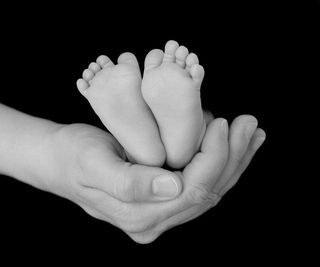 Roth IRAs intrinsically make phenomenal transfer of wealth vehicles. With reduced estate taxes and no income tax for heirs to pay on withdrawals, establishing a Roth IRA or even converting to one from a Traditional IRA seems to be a simple decision. Just know what you are doing ahead of time.
Roth IRAs intrinsically make phenomenal transfer of wealth vehicles. With reduced estate taxes and no income tax for heirs to pay on withdrawals, establishing a Roth IRA or even converting to one from a Traditional IRA seems to be a simple decision. Just know what you are doing ahead of time.
When planning your estate, keeping all parties in mind is important. So it is with Roth IRAs.
A recent Benzinga article, titled “Legacy And Estate Planning With A Roth IRA,” says you should think about not only the account holder's tax situation, but the heir’s as well and consider the tax burdens your heirs may inherit.
 Houston Estate Planning and Elder Law Attorney Blog
Houston Estate Planning and Elder Law Attorney Blog




